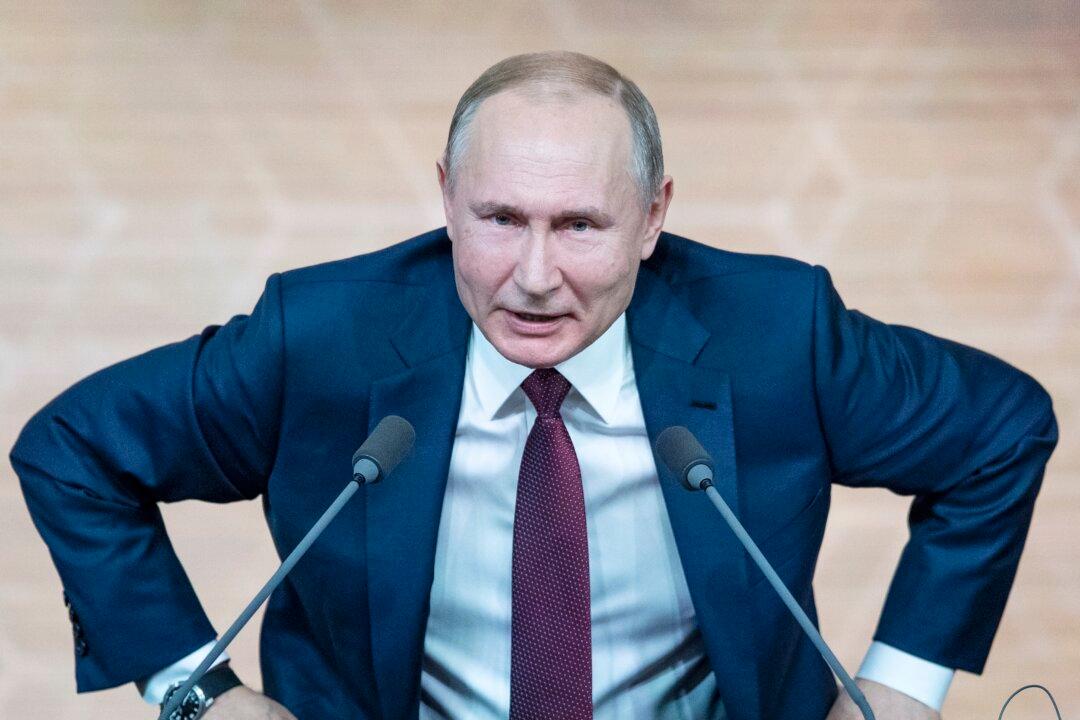MOSCOW—Russian and Ukrainian gas companies say they have finalized a slew of contracts ensuring uninterrupted transit of Russian natural gas to Europe.
Ukraine’s President Volodymyr Zelenskiy hailed the agreements that were signed late Monday, saying they will allow Ukraine to get at least $7 billion in transit payments from Russia over the next five years.





